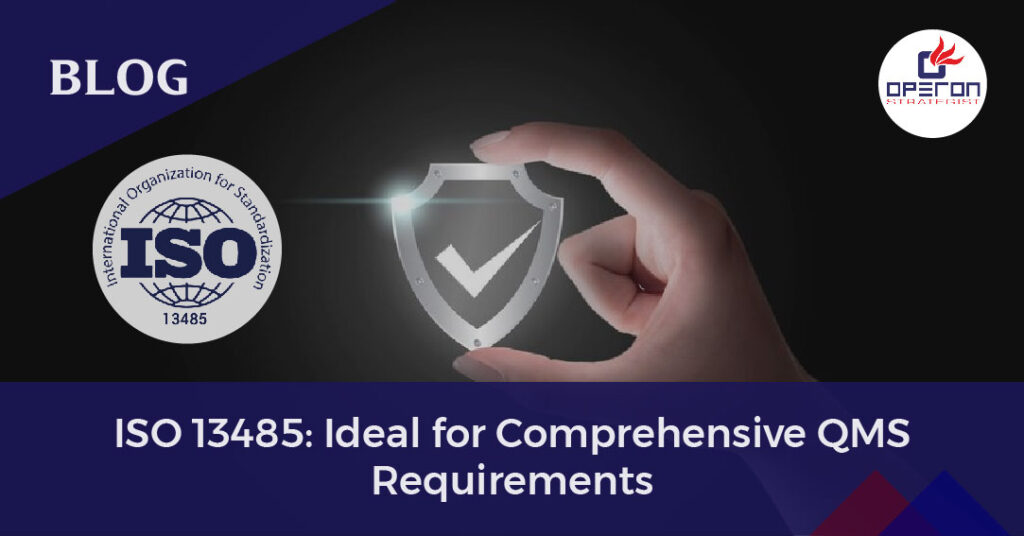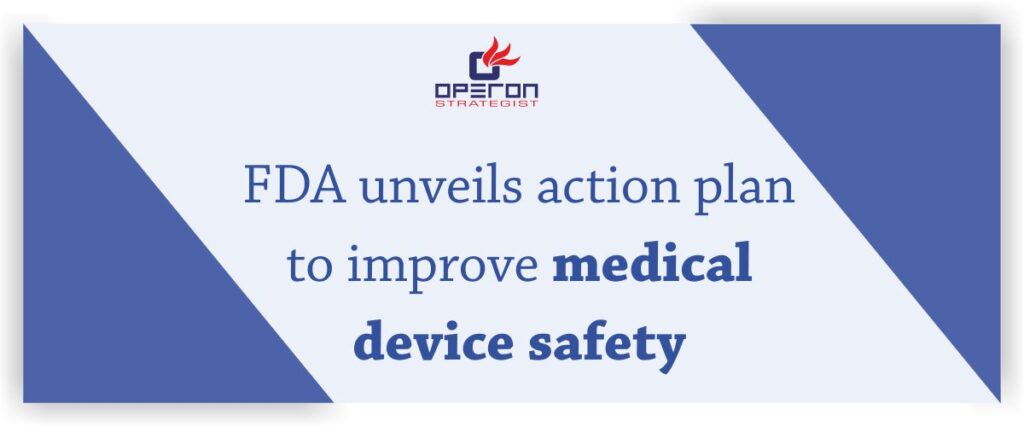The ISO 13485 Standard Is an Effective Solution to Meet the Comprehensive Requirements for a QMS
ISO 13485 is a standalone QMS standard based on the internationally established and acknowledged ISO 9000 quality management standard series. It applies the ISO 9000 process-based approach to a regulated medical device manufacturing environment.
ISO 13485 was created to help medical device manufacturers construct quality management systems that establish and sustain the efficacy of their processes. It guarantees that medical devices are designed, developed, manufactured, installed, and delivered consistently and safely for their intended purpose.
Looking For a Medical Device Regulatory Consultant?
Let’s have a word about your next project
ISO 13485:2016 outlines the requirements for a quality management system in which an organization must demonstrate its capacity to supply medical devices and related services that consistently meet customer and regulatory requirements. Such businesses may be involved in one or more stages of a medical device’s life cycle, such as design and development, production, storage and distribution, installation, or service, as well as design and development or provision of connected activities (for example, technical assistance). ISO 13485:2016 can also be utilized by suppliers or third parties who deliver a product, including quality management system-related services, to such companies.
Need QMS Consultants For Medical Devices Project
What Are the Benefits of Being Certified to ISO 13485?
- Enhance your company’s reputation and identity.
The ISO 13485 certificate is the internationally recognized standard for quality in the medical device business. This certification proves to clients that the business adheres to high-quality standards and notifies them that a standard is in place to ensure this.
Furthermore, ISO 13485 implementation in any business may be a great marketing tool, and medical device manufacturers must demonstrate compliance.
- Evidence-Based Decision Making
With ISO 13485 certification in place, the organization can remain focused and strive toward quality objectives. The management receives data continuously. These facts and data can be used to make more informed decisions that match with the company’s strategic goals and objectives.
If management notices a lack of progress toward the established targets, suitable action will be taken.
- Continuous progress.
Continuous improvement is one of the fundamental principles of ISO quality management systems. When a QMS is implemented in any firm, it causes cultural change, with management and employees constantly searching for ways to improve.
Furthermore, implementing systematic processes can minimize difficulties and reduce labor burden, resulting in improved performance, strategic leadership, and employee engagement. This, in turn, can result in high-quality products and services.
- Increased employee engagement
Employees can understand their role in ISO 13485 implementation through effective documentation and process control. When they are requested to seek ways to improve the procedures, they are overjoyed and provide the greatest insight that can help the firm thrive.
Employee engagement increases when they gain a better understanding of their roles. This leads to improved operational efficiency and productivity.
- Improved client satisfaction.
One of the fundamental criteria of the ISO 13485 application is customer satisfaction. Customers regard ISO 13485-certified companies as more reliable than those that are not. Customers firmly believe that the company has a good quality management system in place.
Operon Strategists play an essential part in medical device manufacturers’ certification and auditing services, which helps with risk management. Contact us for ISO 18562 compliance and testing knowledge geared to your requirements.




